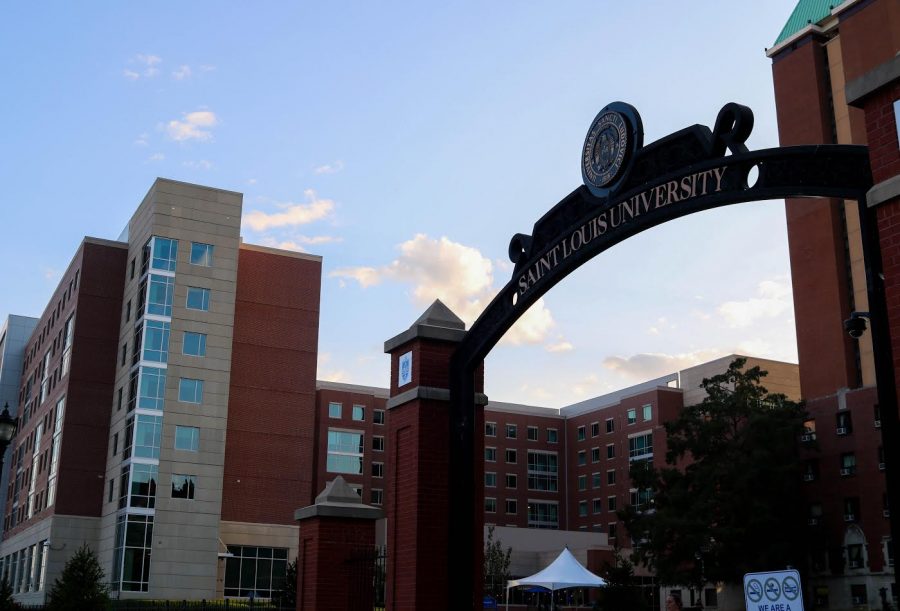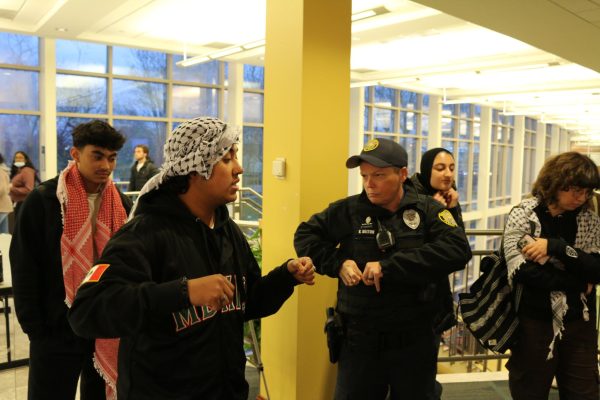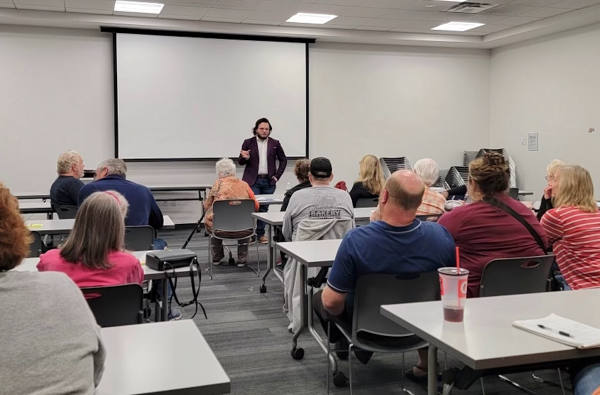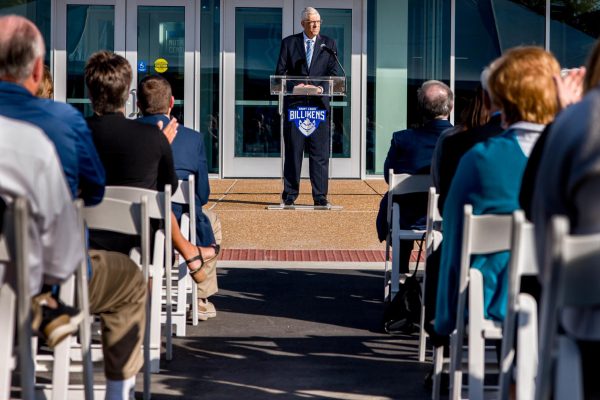Title IX changes on the verge of execution
As Sexual Assault Prevention month begins, Campus Recreation and Wellness has organized a number of events to raise awareness for victim support and campus resources for sexual assault prevention. On Wednesday, April 10, SLU’s Office of Institutional Equity and Diversity hosted a question and answer session to shed light on how Title IX cases are currently handled and address concerns over the recently proposed changes.
The Q&A was run by Anna Kratky, the Title IX coordinator, and her colleague Kim Sahr, a Title IX equity officer. The goal of the session was to promote transparency between the SLU administration and the student body over sensitive issues related to disciplinary processes for offenders and support systems for victims.
Kratky began by laying out a detailed summary of current procedures for dealing with sexual misconduct and discrimination, including the types of situations that Title IX handles, the process by which survivors can receive counseling and the general procedure for investigating Title IX claims. Both Sahr and Kratky emphasized the diligence and care that characterizes the Title IX proceedings and underscored the effectiveness of SLU’s current process, making the proposed Title IX amendments that much more troubling.
The second half of the session was devoted to a discussion of the proposed amendments to Title IX at the state and federal level.
In 2018, U.S. Education Secretary Betsy DeVos unveiled her plan for an overhaul of the rules governing campus sexual assault and Title IX response. Ostensibly aimed at reducing Title IX expenditures, DeVos’ announcement has left Title IX administrators across the country questioning the effectiveness of the sweeping changes.
As the amendments at the federal level continue to be reviewed, new bills have been proposed in the Missouri House and Senate, leading to similar concerns over effectiveness. Senate Bill 259 and House Bill 573 both enumerate sweeping changes to the way universities handle sexual harassment and assault claims, which many believe will ultimately deter survivors from reporting sexual assault.
Among other potentially destructive changes, Kratky and Sahr pointed to the lengthening of the already long and traumatic process, the addition of live, direct cross-examinations and a new, looser definition of consent as the most harmful of the proposed changes. In a statement issued by Washington University, SB 259 and HB 573 were summarily denounced as affording more protection for the accused in Missouri Title IX cases than in any other state, leading to a “process that would be re-traumatizing and re-victimizing.”
As of April 10, both bills are nearing the end of the legislative process and a decision can be expected in the next few weeks. Kratky and Sahr and their colleagues in SLU’s Title IX office are actively working to spread awareness towards these potentially detrimental changes, working closely with University administrators and various student body organizations.
Two more Q&A style sessions have been scheduled through the rest of Sexual Assault Awareness Month, one on April 16 and one on April 17, for all those interested in learning more about the proposed regulations and how they might make their voices heard in the legislative process.
Your donation will support the student journalists of Saint Louis University. Your contribution will help us cover our annual website hosting costs.










